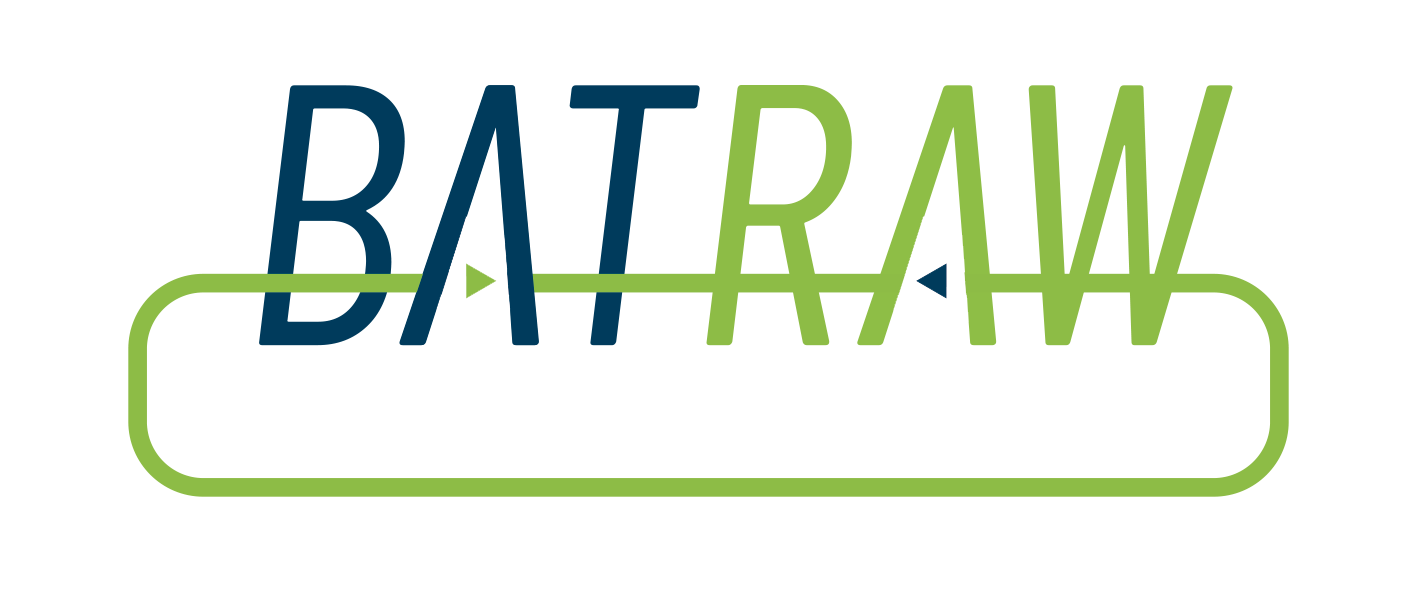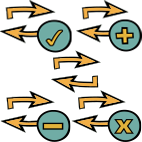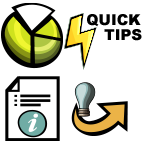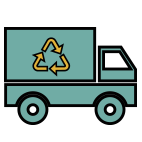Recycling of end of life battery packs for domestic raw material supply chains and enhanced circular economy

“BATRAW” is a project funded by the European Commission under the Horizon Europe programme. The 4-year project is coordinated by the Technological Centre LEITAT. 17 other partners from seven different countries are participating in the project.
“BATRAW” stands for the recycling of end of life battery packs for domestic raw material supply chains and enhanced circular economy. The project also seeks to develop new technological processes for the recovery of Critical Raw Materials (CRMs) contained in electric vehicle batteries.
Fraunhofer IWKS will analyse the output fractions using element analytics (ICP-OES, XRF) and SEM/EDX mappings for the localization of impurities both in the black mass and on the plastic and metal fractions. As task leader, Fraunhofer IWKS will check and evaluate the developed parameters to optimize the mechanical treatment steps.








